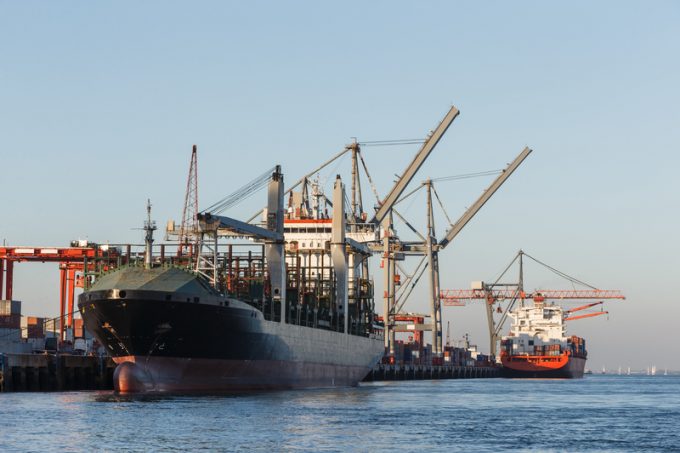COP29: UK PM announces 'determined commitment' to steep emissions cuts
Arriving at COP29 this week, UK prime minister Keir Starmer has unveiled a ‘nationally determined ...

Ports could play a major role in efforts to decarbonise the shipping industry and help it reduce its greenhouse gas emissions, a new report from the OECD’s International Transport Forum (ITF) claims.
Reducing Shipping Greenhouse Gas Emissions – Lessons From Port-Based Incentives argues that the introduction ...

Comment on this article